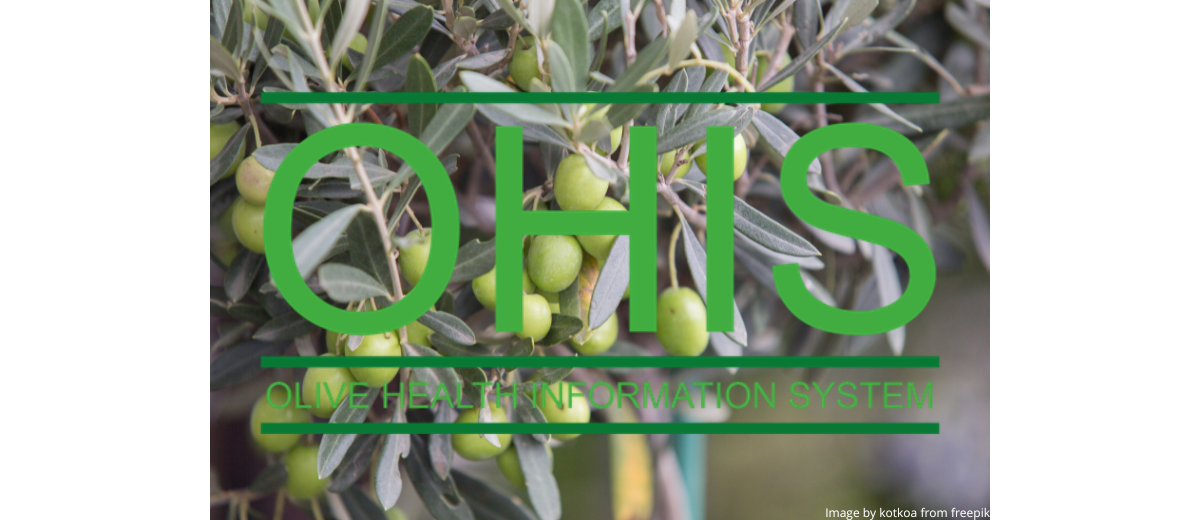The Olive Health Information System website
The newsletter of the University of Navarra and the IOC dedicated to health
The Mediterranean diet (MedDiet) is widely acknowledged as a healthy dietary pattern. In this week’s newsletter, a study highlights that greater adherence to the MedDiet reduces the risk of obesity, type 2 diabetes mellitus (T2DM), and cardiovascular diseases (CVD). Moreover, this dietary pattern could alleviate age-related cognitive decline and neurodegenerative disorders. Olive oil consumption is a central component of the traditional MedDiet and has consistently been linked to a lower risk of chronic diseases and mortality. This beneficial effect of olive oil consumption on health outcomes has been observed not only in Spanish or European populations but also in prospective cohort studies conducted in the USA, such as the Health Professionals Follow-Up Study and Nurses’ Health Study. Results from these large cohorts have shown that participants consuming four or more tablespoons of olive oil per week had a reduced risk of developing T2DM, CVD, and mortality.
The MedDiet can reduce inflammation and improve vascular health, both of which are implicated in the pathogenesis of diabetic neuropathy, which contributes to morbidity and decreased quality of life in patients with T2DM. A cross-sectional study investigating the link between adherence to the MedDiet and the presence of diabetic peripheral neuropathy in patients with T2DM. The study revealed that adopting the MedDiet could serve as a dietary strategy to alleviate neuropathic complications in patients diagnosed with T2DM by addressing related risk factors such as inflammation and vascular dysfunction.
Evidence has suggested the beneficial effects of MedDiet on telomere length and its potential role in T2DM prevention. In the CORDIOPREV randomized controlled trial, researchers examined telomere length and the risk of developing T2DM in patients with coronary heart disease. The authors also investigated whether a Mediterranean diet rich in extra virgin olive oil or a low-fat diet could reduce the incidence of T2DM over a five-year follow-up period. The study found that patients at risk of short telomeres were more likely to develop T2DM compared to those not at risk (HR: 1.65, 95% CI 1.07 to 2.54, p = 0.023). Moreover, participants with a high risk of short telomeres who consumed a low-fat diet had a significantly higher risk of T2DM compared to those not at risk (HR 2.43, 95% CI 1.26 to 4.69, p = 0.008), whereas no significant differences were observed in T2DM incidence among patients at risk and those not at risk who consumed a MedDiet rich in olive oil (HR 1.23, 95% CI 0.69 to 2.20, p = 0.478). These findings suggested that the MedDiet represents a promising approach to mitigate the risk of T2DM associated with shortened telomeres.
The promotion of the MedDiet has garnered attention not only for its potential health benefits but also for its impact on environmental sustainability. The MedDiet has been associated with reduced greenhouse gas emissions, land use, and water consumption compared to other typical Western dietary patterns. Findings from the Prevención con Dieta Mediterránea-Plus (PREDIMED-Plus) randomized clinical trial showed that promoting adherence to the MedDiet was associated with lower environmental impact (GHG emissions, land and energy use, acidification, and eutrophication) after 1-year follow-up.
The adoption of the MedDiet aligns with principles of sustainable agriculture and biodiversity conservation, as it emphasizes local and seasonal food production. It is important to promote the MedDiet as a sustainable dietary choice for human health and environmental wellbeing, while also identifying areas for further research and policy interventions.
Click HERE to see the latest posts…









